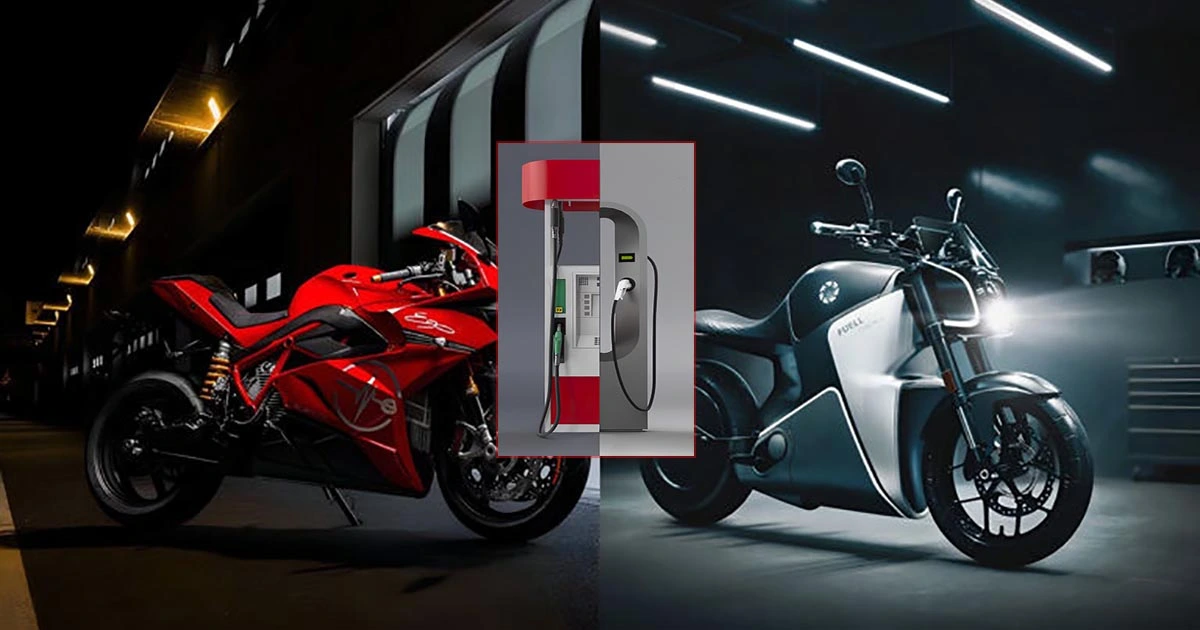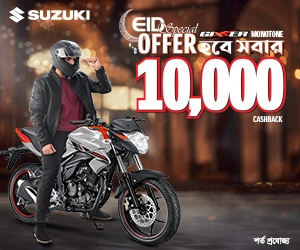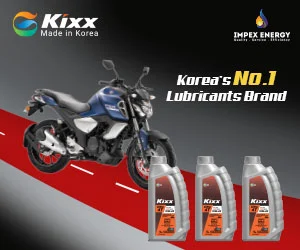Shares 2
Octane-Powered Vs. Electric Motorcycles – Which Bike Is Better?
Last updated on 21-Aug-2025 , By Badhon Roy
Just like all over the world, the use of electric bikes are gradually becoming popular in Bangladesh. These relatively new and eco-friendly bikes are not only comfortable but also come with several benefits. On the other hand, traditional octane-engine bikes are powerful and have already earned the trust of bikers as reliable and uncompromising vehicles.
Today, we will compare octane-powered and electric bikes based on their daily mileage and fuel costs, maintenance costs, and limitations to determine which one is more suitable for you.

Octane-Powered Vs. Electric Motorcycles – Which Bike Is Better?
Mileage and Fuel Costs

The first question that comes to the minds of most motorcycle users is how much mileage the bike will provide and what the estimated weekly or monthly fuel costs might be. Currently, petrol costs 121 BDT and octane costs 125 BDT per liter. Depending on the engine size (80cc to 350cc) octane-powered bikes generally provide a mileage of 30 to 55 km per liter in the city based on Bangladesh's weather and fuel quality. Considering a daily usage of 20 km, the monthly fuel cost comes to approximately 2,500 BDT.
In contrast, electric bikes cost only 13–15 BDT for a full charge and offer a range of 80–120 km per full charge depending on motor and battery capacity. As a result, you can use an electric bike in the city for less than 100 BDT per month. Additionally, there is no need to charge the bike daily for city use and it can be charged easily from a two-pin socket at home. Therefore, electric bikes are undoubtedly ahead in terms of fuel cost savings and mileage.

Also Read: Delevery Electric Bike Price in BD
Maintenance
A popular saying in Bangladesh goes, "Owning a bike is as challenging as owning an elephant." To keep an octane-powered bike running, you not only need fuel but also engine oil, brake pads, chain lube, spare partsand regular servicing all of which add up significantly.
On the other hand, electric bikes require almost no maintenance except for changing the brake pads every 5-6000 km. A common concern is that the main component of electric bikes are their battery might cost as much as a new bike if it needs replacement. However, this is a misconception.
Electric bikes use graphene batteries, which retain their health for at least 1,000 recharge cycles before gradually declining in charging capacity. These batteries are reasonably priced and far from matching the price of a new bike.
Furthermore, if you purchase a branded electric bike many companies offer free battery replacement within 15–18 months in case of any issues as per their policies. Thus, electric bikes are proven to be much more cost-effective in terms of maintenance.
Limitations
When comparing the two types of bikes, both have certain limitations. With a full tank, octane-powered bikes can cover long distances and there is always a petrol pump within 5 km almost everywhere in Bangladesh. Refueling an octane bike takes only 5 minutes.
On the other hand, electric bikes take 4–6 hours to fully charge and the lack of adequate charging stations in Bangladesh makes it challenging to undertake long rides. Additionally, considering Bangladesh's social scenario, most people live in rented apartments and park their bikes in commercial parking spaces.
Arranging a charging facility in such cases can be difficult if the parking space lacks a charging socket. Moreover, some landlords or garage owners may refuse to allow electrical connections for charging even though it costs very little. Octane-powered bikes lack the storage space of electric bikes and they are comparatively heavier in weight making them harder to control.
In conclusion, electric bikes are the best option considering all aspects if you are looking to buy or use a bike for commuting within the city. They save time, reduce environmental pollution, and lower fuel and maintenance costs, while also eliminating many hassles. If you frequently take long rides, an octane-powered bike would be the better choice despite the higher fuel and maintenance costs.
Whatever bike you use, always wear a certified helmet and stay tuned to BikeBD for more motorcycle-related information.
T
Published by Badhon Roy














